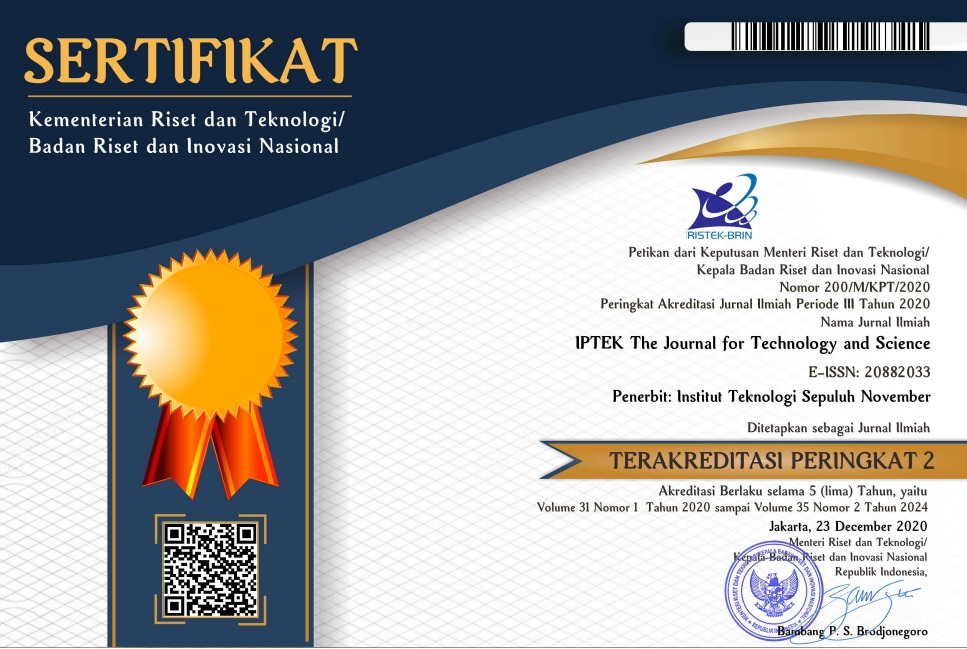Communication Technology Rebuilding A Better Global Civilization on Earth
Abstract
Keywords
Full Text:
Full TextReferences
Deus H. Homo Deus: A Brief History of Tomorrows. Organization Studies 2017;39(7):995–1002. https://journals.sagepub.
com/doi/10.1177/0170840618754662.
Harari YN. Sapiens: A Brief History of Humankind. Utopian Studies 2017;28(1):214–
https://scholarlypublishingcollective.org/psup/utopian-studies/article-abstract/28/1/214/197635/
Sapiens-A-Brief-History-of-Humankind?redirectedFrom=fulltext.
Macquarie J, Robinson E. Martin Heidegger’s Being and Time. Koninklijke Brill NV 2014;40(3):83–91. https://sententiae.
vntu.edu.ua/index.php/sententiae/article/view/600.
Bjorklund DF. Children’s thinking: Developmental function and individual differences (3rd ed.). Child and Adolescent
Development 2000;https://books.google.co.id/books/about/Children_s_Thinking.html?id=3zc5YgEACAAJ&redir_
esc=y.
Harari YN. Sapiens: A Brief History of Humankind. degruytercom 2022;p. 308–309. https://chooser.crossref.org/?doi=
12987%2F9780300268461-084.
Lukman H. Peranan Kecerdasan Buatan (Artificial Intelligence) dalam Pendidikan (The Role of Artificial Intelligence in
Education). Jakarta, Indonesia: Direktorat Pendidikan Profesi Guru; 2022. https://ppg.kemdikbud.go.id/news/.
Staiti A. Normativity and Phenomenology in Husserl and Heidegger by Steven Crowell (review). Journal of the History of
Philosophy 2014;52(2).
Huvenne M. 4. In: Phenomenology, an Introduction Singapore: Springer Nature Singapore; 2022. p. 45–74. https://doi.
org/10.1007/978-981-19-4807-7_4.
Gall MD. Educational Research: An Introduction, vol. 8. United States: Pearson/Allyn & Bacon; 2007. https://archive.org/
details/educationalresea0008gall.
Sanger DE, Broad WJ. US signals nuclear arms are back in a big way. To Counter Russia 2018;https://archive.org/details/
educationalresea0008gall.
Mandelbaum M. Mission Failure: America and the World in the Post-Cold War Era 1st Edition. Oxford University Press
;1:1–480. https://www.amazon.com/Mission-Failure-America-World-Post-Cold/dp/0190469471.
Cohn BS. Colonialism and Its Forms of Knowledge. Oxford University Press 2020;8:1–480. https://www.taylorfrancis.
com/chapters/edit/10.4324/9781003060871-11/colonialism-forms-knowledge-british-india-bernard-cohn.
Thomas C. The High Commissioner. The UN Refugee Agency 2016;https://www.unhcr.org/about-unhcr/who-we-are/
high-commissioner.
Harari YN. Homo Deus: A Brief History of Tomorrow. An Imprint of Harper Collins 2017;p. 423–457. https://archive.
org/details/homo-deus-a-brief-history-of-tomorrow_202110.
DOI: http://dx.doi.org/10.12962%2Fj20882033.v35i1.19479
Refbacks
- There are currently no refbacks.
IPTEK Journal of Science and Technology by Lembaga Penelitian dan Pengabdian kepada Masyarakat, ITS is licensed under a Creative Commons Attribution-ShareAlike 4.0 International License.
Based on a work at https://iptek.its.ac.id/index.php/jts.


